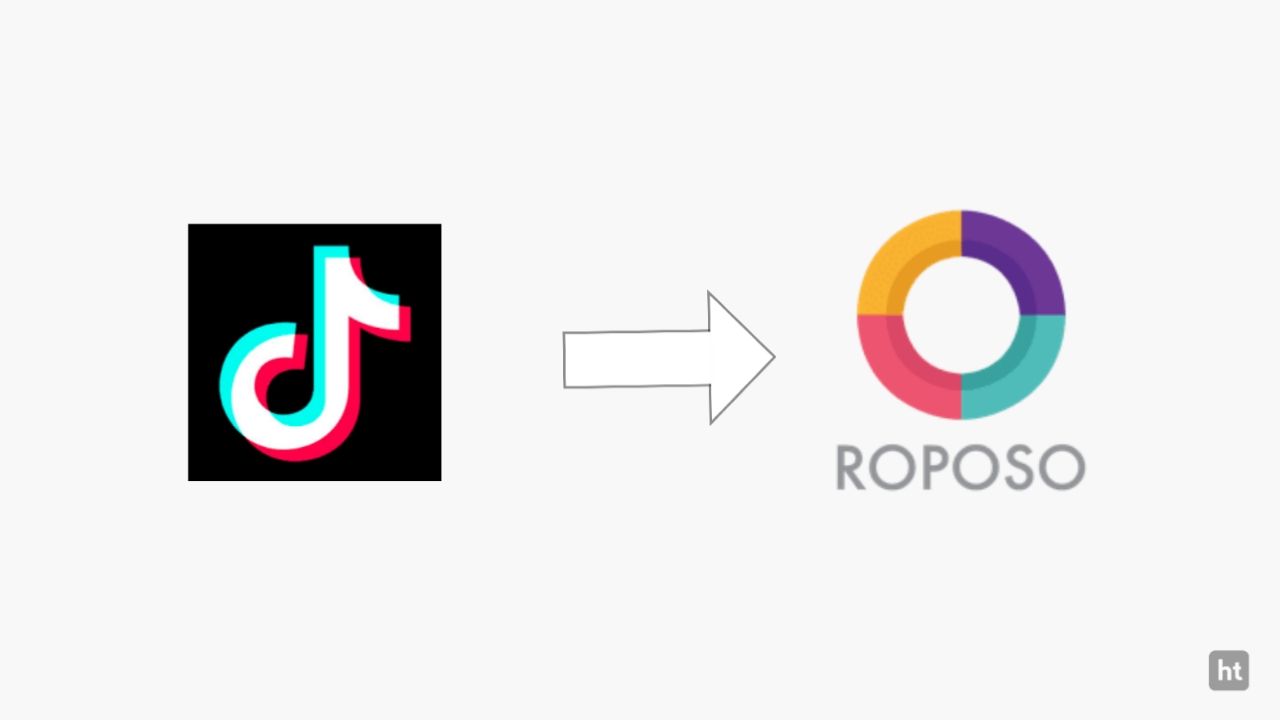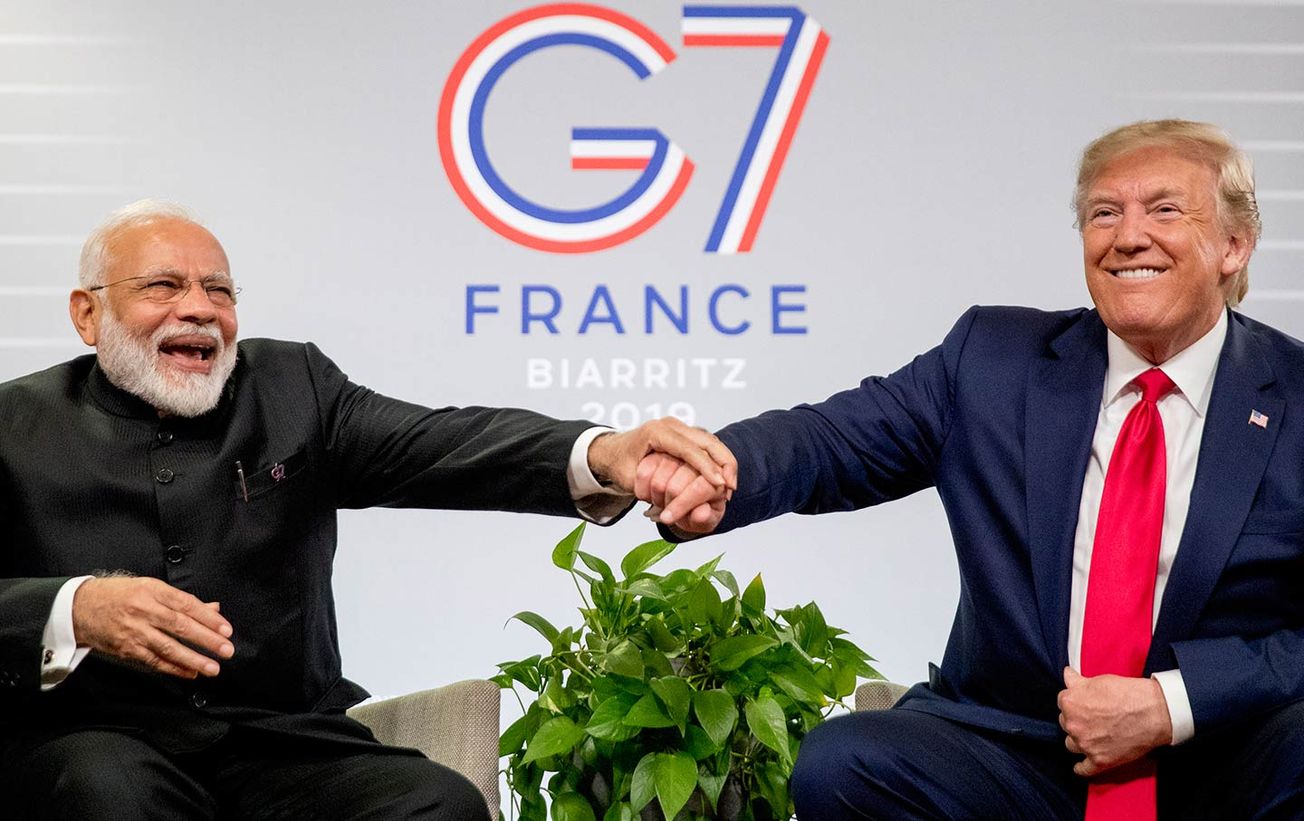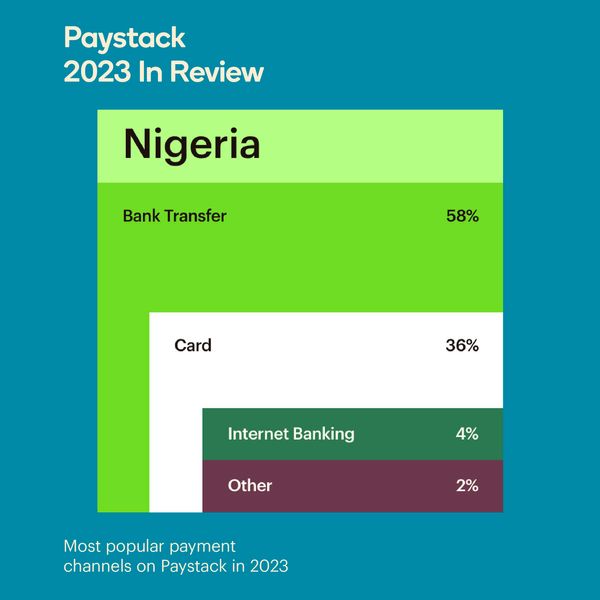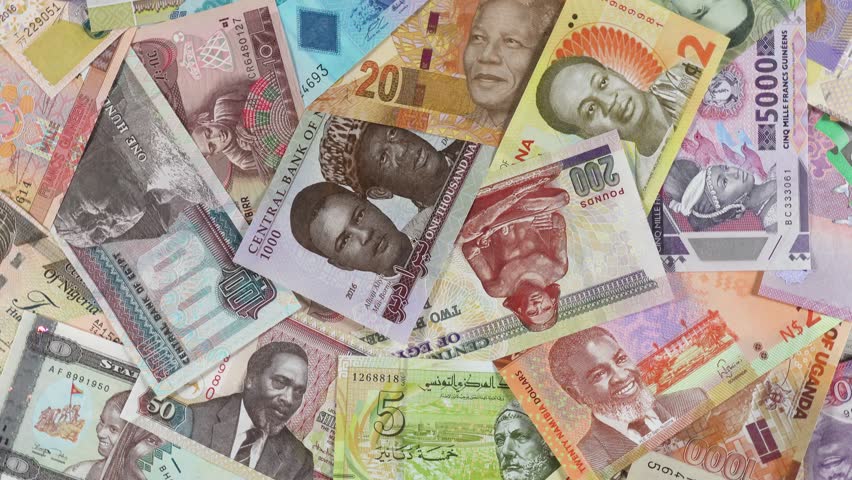In an unprecedented move, India recently adopted a trade protection policy that sees it join US President, Donald Trump, in banning Chinese technology companies.
India’s government banned nearly 60 Chinese mobile apps on Monday, including TikTok, citing national security concerns, after a deadly clash between their military forces this month raised tensions between the two countries to the highest level in decades.
India has an incredible population of 1.35 billion, which remains higher than the population of Africa as a continent. Averagely, Indians consume 6 hours of data daily, Six hours a day of 1.3 billion people — and all the data that flows from it — is a coveted resource, something Indian politicians won’t want slipping out of their sphere of influence.
This could be more than national security concerns as I will prefer to describe the underlying reason for the ban to be a national profitability concern.
India commenced the implementation of its trade protection policy, popularly called protectionism in Q1 2020 by quietly stopping Facebook from launching its groundbreaking WhatsApp payment solution in India, even after testing it in India.
Therefore, banning China's apps is more of a trade policy to protect home-grown companies and support the local technology ecosystem in India to reap from its huge population.
This ban has for sure seen a boom in the India app space as several tech companies record tremendous growth in the first few days of the ban. One home-grown video-sharing company, Roposo, said that before Tiktok ban was announced, it had recorded 50 million users since its launch in 2014 and in just 2 days after the ban, it recorded 22 million new users.

In another move, the Indian army with 1.3 million officers has directed all personnel to remove 89 apps, including Facebook and Instagram (US companies), from their mobile phones by July 15. Obviously this is not a national security fight with China, but a global trade war aimed at protecting its technology companies, encouraging local innovation and providing more opportunities to its tech talents within India.
India, has for decades had a preference for local technology development, which accounts for its long list of home-grown talent as global technology leaders scattered all over the world, including Microsoft's CEO, Satya Nadella and Sundar Pichai, CEO, Alphabet (Google).
However, China has expressed concerns over India's ban as they expect that other countries will take a cue from this move.
It remains important to be seen whether Nigeria and the rest of Africa will take such definitive measures, like India and China, to protect home-grown (technology) companies.










